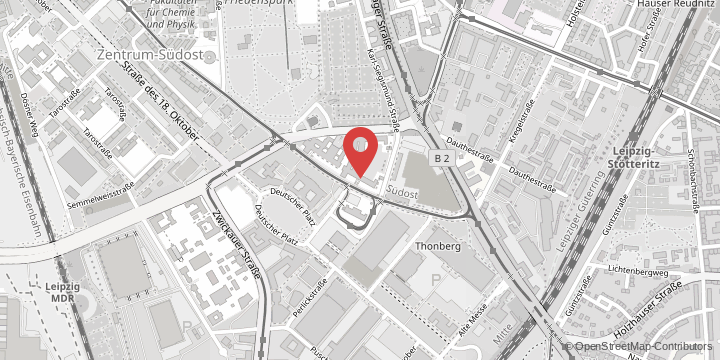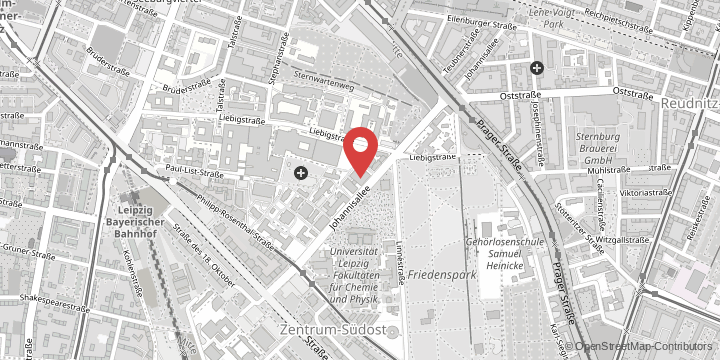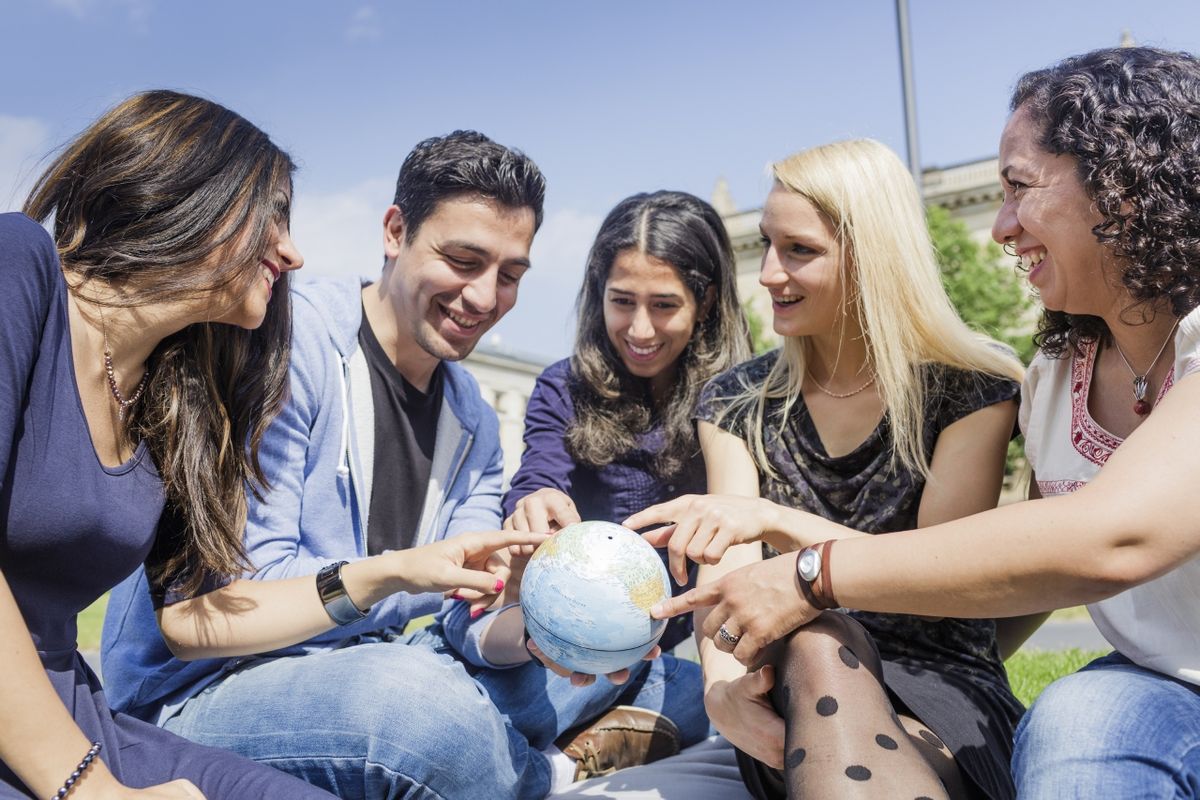With its educational offers and academic opportunities, Leipzig University is open to all citizens. It supports refugees – from those interested in studying, to experienced scholars looking to reconnect with academia.
The first point of contact for both refugees and members of the University is the Commissioner for Refugees, Professor Günther Fitzl. He advises on general regulations governing the integration of refugees, provides information about special services and funding opportunities at Leipzig University, and supports refugees in all matters within the University.
Services for Refugees at Our University
Leipzig University offers refugees auditor status free of charge. Being an auditor (known in German as a Gasthörer) allows you to attend individual courses at Leipzig University without taking exams or earning a qualification at the end. Auditors are entitled to a library card for the University Library.
You don’t need a university entrance qualification to apply for auditor status.
Refugees can apply for a study programme at Leipzig University. The International Centre offers support with your application and study-related questions during your studies. Find out more about the programmes we offer for international students and prospective international students.
The social counselling service run by the Studentenwerk Leipzig is at your disposal if you have any questions concerning student finance, organising your studies, advice in difficult situations, studying as a parent or with a chronic illness or disability, as well as about your residence permit during your studies.
Leipzig University’s Student Council (StuRa) also offers international students advice on social, financial and psychosocial problems. Please visit the StuRa website for more information.
Refugees can register as "external users" at Leipzig University Library to use the libraries as well as the PCs and the internet.
Support for refugee academics
Our university also supports researchers with a refugee background. Funding options for academics who have fled their home countries are offered by various institutions. For more information about these initiatives, please contact Dr Barbara Weiner and Dr Sindy Schug from the Department of Research Services.
































































